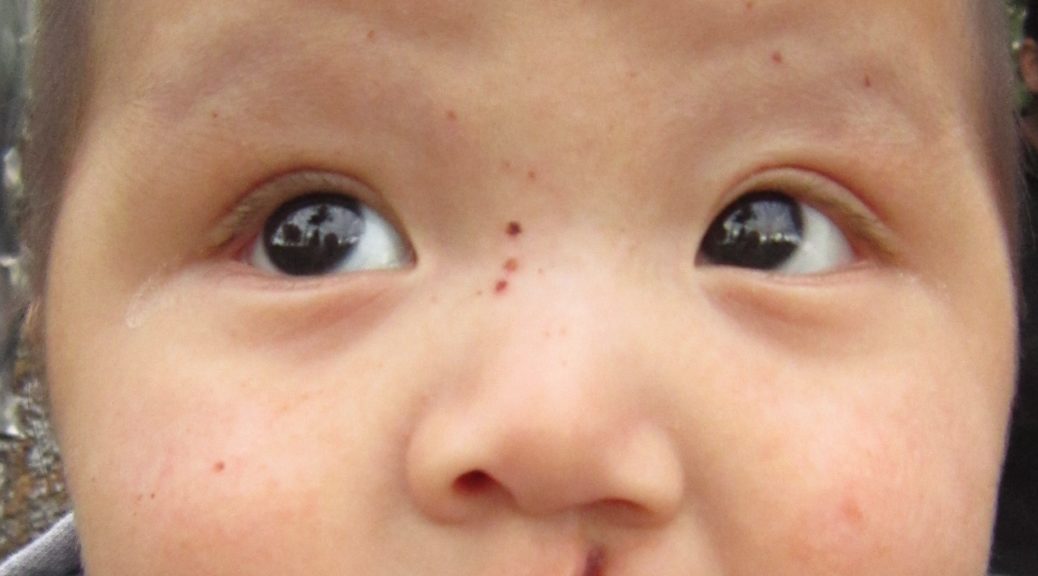Sun protection in pregnancy and breastfeeding
With summer’s arrival and rising temperatures, families may have doubts about the most appropriate sun protection to choose for themselves and their children. The importance of sun exposure for any living being and also the need for protection to avoid skin problems are well known. Sun protection is a key element for this time of the year, as well as choosing the one that best suits each situation. Sunlight The sun emits energy in the form of radiation, a mixture…









